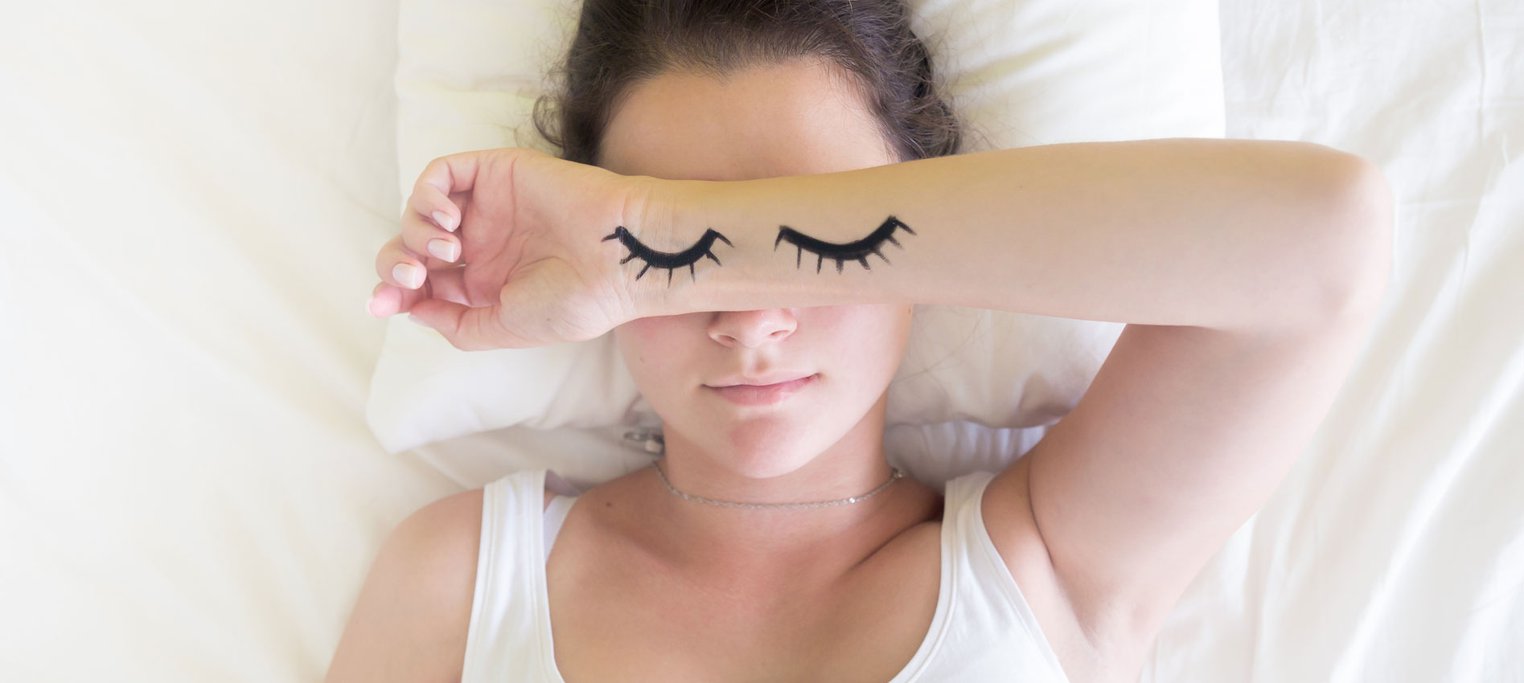July 7, 2020
Drink less, sleep better, feel healthier

Did you know that alcohol affects your sleep quality?
Sleep is a foundation for good health.
It plays a critical role in the body, affecting things as diverse as our appetite and metabolism, our mental health, and our immune system.1, 2
Getting a good night’s sleep is a form of positive self-care you can do every day, and it’s an excellent way to improve overall health.
While we can’t control everything that affects our sleep (like our genes, or high stress global and personal events) there are many factors we do have control over.
Now is a great time to think about prioritising your health by taking a few steps to prioritise your sleep.
Start by considering the lifestyle factors that might be disruptive to sleep patterns.
Most people know that caffeine and tobacco are stimulants and can be risk factors for poor sleep.
But, did you know that alcohol also affects your sleep quality?
Sleep is better without alcohol
Alcohol has sedative effects, so it may not immediately look like a culprit for poor sleep.
People might find it easier to fall asleep – or even nod off when they don’t mean to – if they’ve been drinking alcohol.
Just because you fall asleep quickly doesn’t mean that you will have a good quality sleep.
The way that sleep works, and how alcohol affects it, is complicated and still being researched. However, research indicates that as your body cycles through sleep stages across the course of the night, alcohol disrupts sleep by changing the amount of sleep you experience in those stages.3
For example, the amount of rapid eye movement (REM) sleep you experience during the first half of the night can be different if you consume alcohol. Alcohol can also affect the duration of different sleep cycles in the second half of the night.3 The extent of the difference in those sleep patterns will also be related to how much alcohol you consumed.3, 4
Because alcohol disrupts your sleep, it can affect how you feel and function the next day too.3
What happens when our sleep is poor?
Anyone who’s had a bad night’s sleep knows how it can make you feel.
In the short term, getting poor sleep may:
- make you feel more irritable and less patient
- increase feelings of stress and anxiety
- reduce attention and reaction times
- lead to poorer decision making and judgement.1
In the long term, poor sleep can result in other negative impacts on:
- your cardiovascular system, such as higher blood pressure
- your metabolism, such as weight gain
- your immune system. 1, 5
The good news is that there are a range of strategies you can use to make sure you’re sleeping as well as possible.
Ways to improve your sleep
Practicing good habits to help you get the best night’s sleep is called ‘sleep hygiene’.
It includes things like going to bed and getting up at the same time every day, getting some sun exposure to help keep your body clock on track, and making sure your room is dark enough while you’re sleeping.
Sleep hygiene is self-care.
Picking one or two habits to start off with – like skipping wine on a weeknight and putting your phone away 30 mins before your bedtime – can be a good way to start improving your sleep hygiene.
While it can be hard in the beginning to put ourselves and our health first, prioritising your sleep can have so many health benefits you’ll thank yourself later.
- Medic G, Wille M, Hemels ME. Short-and long-term health consequences of sleep disruption. Nature and science of sleep. 2017;9:151.
- Grandner MA. Sleep, health, and society. Sleep medicine clinics. 2017;12(1):1-22.
- Roehrs T, Roth T. Sleep, sleepiness, and alcohol use. Alcohol Research & Health. 2001;25(2):101.
- Ebrahim IO, Shapiro CM, Williams AJ, Fenwick PB. Alcohol and sleep I: effects on normal sleep. Alcoholism: Clinical and Experimental Research. 2013;37(4):539-49.
- Itani O, Jike M, Watanabe N, Kaneita Y. Short sleep duration and health outcomes: a systematic review, meta-analysis, and meta-regression. Sleep medicine. 2017;32:246-56.